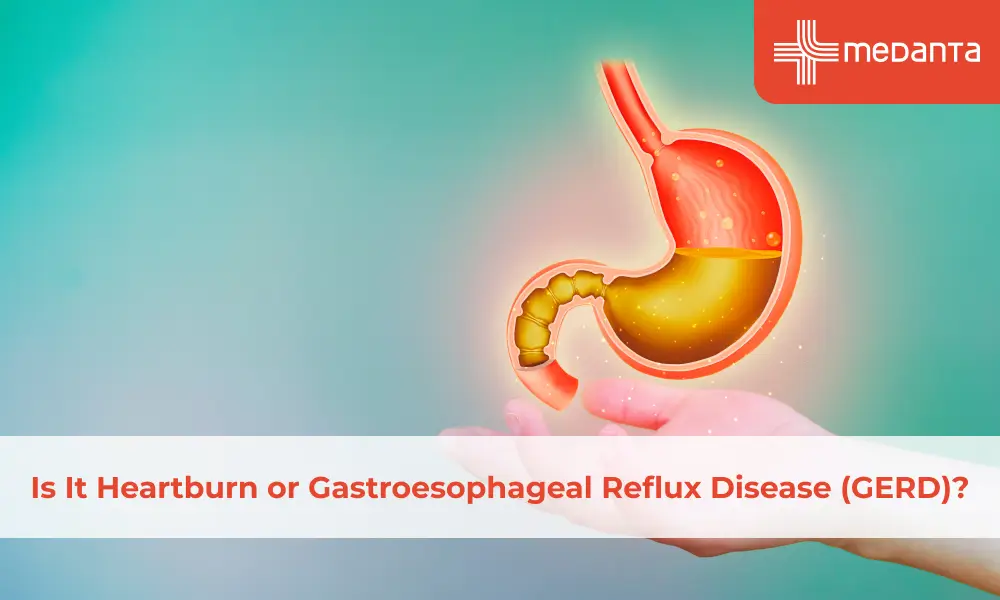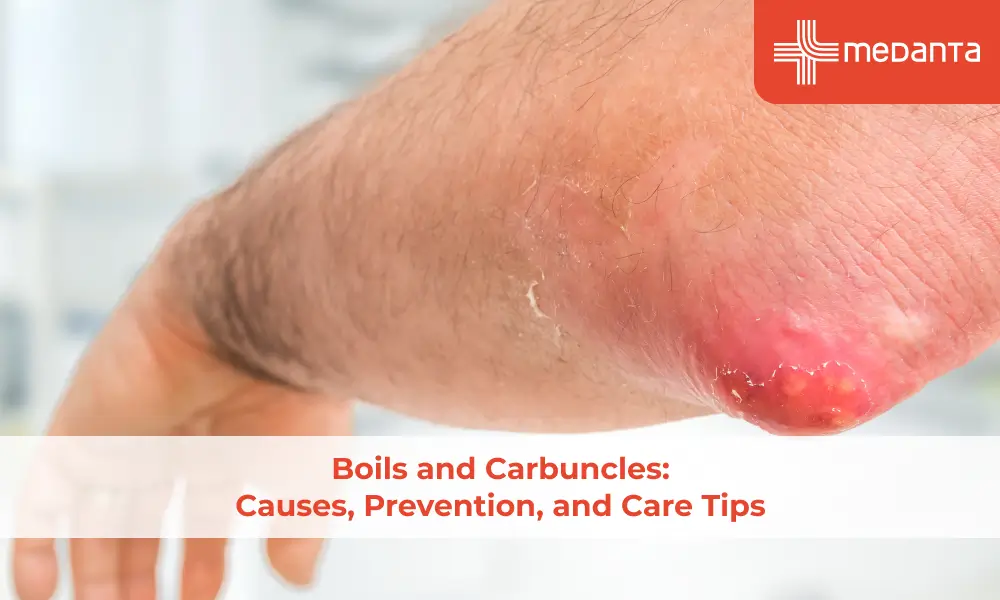Is It Heartburn or Gastroesophageal Reflux Disease (GERD)?

Do you constantly have a burning sensation in your chest? While many of us consider this to be heartburn, it could actually be a sign of Gastroesophageal Reflux Disease (GERD).
What Is GERD?
Heartburn is a typical burning sensation in the upper chest. After swallowing food, it travels down the oesophagus and into the stomach. A ring of muscle called the lower oesophagal sphincter (LES), closes to keep the food inside the stomach. But sometimes the LES is weak or doesn’t properly close, allowing stomach acid to back up, which irritates the lining of the oesophagus causing a burning sensation. This is acid reflux or heartburn.
But before dismissing your symptoms as acid reflux or heartburn, you might want to consider that it could be a sign of GERD. In fact, heartburn is a manifestation of GERD that results in the stomach acid frequently flowing back into the oesophagus.
In the case of heartburn, you can often pinpoint a reason or cause for the heartburn. It could be a spicy dish you’ve had or maybe you’ve been on an empty stomach for too long. But if you are experiencing heartburn often, it could be a symptom of a more serious condition like GERD.
What’s The Difference?
While heartburn is common, people experience it at least once a month. But in the case of GERD, acid reflux occurs more than a couple of times per week. That said, a person suffering from occasional heartburn will not necessarily progress towards having GERD.
As mentioned previously, the symptoms for acid reflux and GERD are the same and hence it becomes tough to diagnose the condition. These symptoms include a burning sensation in your chest and a feeling that the contents of your stomach are in your throat. Sometimes you may also experience a dry cough or have trouble swallowing.
Given the similar symptoms, diagnosing the condition can be done by a primary care doctor or gastroenterologist by simply evaluating symptom frequency and severity. It may also require the specialist to put a probe into a person’s oesophagus for a day to measure the frequency of the reflux and the manner in which it occurs.
Can GERD Be Treated?
Treatment for both heartburn and GERD starts with lifestyle modifications and medication. A proton pump inhibitor (PPI) is usually prescribed in the case of GERD. PPIs are a group of drugs that work to decrease the amount of acid the stomach produces. A longer duration of prescribed PPIs can also ease symptoms and heal the lining of the oesophagus that’s been damaged by stomach acid.
If you are experiencing recurrent heartburn, do not dismiss the symptom as it could be a clear indicator of GERD. Seek medical help immediately as chronic heartburn can lead to complications of the oesophagus.






